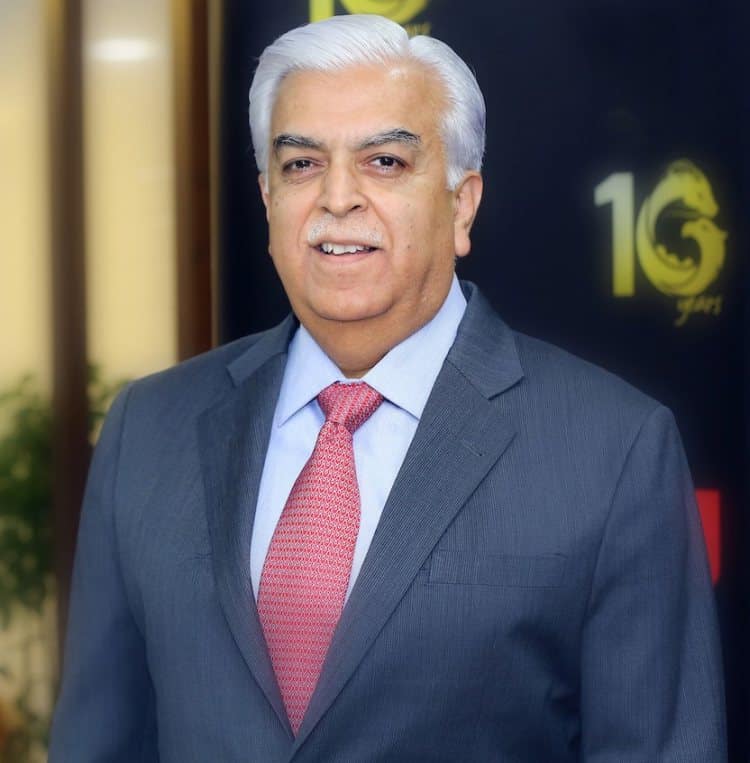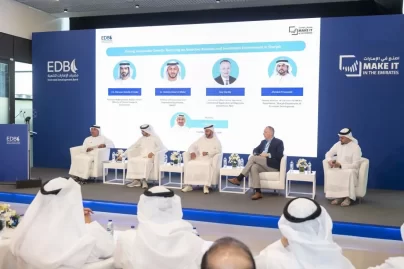THOUGHT SERIES – ETHICS AND HONESTY AS A BEHAVIOUR CHANGE
Mon 12 Sep 2022According to various global news items and reports, money laundering transactions and acts of bribery across the world now run into a few trillion dollars per year. As per the associations of certified fraud experts, companies across the world lose between 4- 6% of their revenue each year to the employee and executive fraud and data theft. In the case of some government bodies, the percentages are very high.
It’s extremely important to note that lower levels of honesty also come with an emotional cost attached to them. An interesting fact is that if any organization or institution of repute loses trust among its customers, or even amongst its honest employees due to one dishonest act, the same organization needs to invest much more to demonstrate its honesty on many more occasions to convey to its customers that it has now mended its ways.
If there is one key behavioural change that could bring the highest economic benefit to the entire world of geopolitics, finance and organizations, it would be to make humans more genuinely honest. Are the world’s training experts, HR heads and behavioural scientists willing to invest their time and energy, and to come up with programs which can make this happen even incrementally better?
Easier said than done.
It’s a well-established fact that since the behavioural aspects are extremely complex and time-consuming to train and change, the only other manner to curb dishonesty is to put stricter regulations in place. More efficient surveillance networks, using better technology continue to be installed and updated. Regular and unexpected audits and raids get done all across the globe. Robust data-monitoring tools have been installed. But despite all these efforts, no one can dispute the fact that the rate of fraud has only been going up exponentially. And the fraud cases are involving staggering amounts.
The deeper question to ask oneself is – Why?
The biggest fallout of the complicated fraud-monitoring systems that are being put in place is that they are actually creating an extremely dysfunctional environment within countries and organizations. The larger percentage of honest employees end up believing that the surveillance software and fraud-countering measures are an example of the organization not trusting them.
Several studies have shown that fraud behaviour is considerably influenced by the culture and environment in which we live in. People who live in more corrupt societies are more likely to indulge in dishonest acts.
To complicate matters further, most legal systems have been created to be punitive in nature. In this framework, strangely, the punishment is seen as an end in itself. Very few punishment systems seek to change the offender’s behaviour and help him or her to a new path. To compound the problem, those who give out the punishment may not be operating with a high level of ethics and honesty themselves. As is said frequently – Absolute power corrupts absolutely. Studies have shown that two-thirds of those in the US who have been set free after serving a prison sentence are likely to be rearrested within three years.
And strangely, from a behavioural perspective, the whole world seems to be moving to a system where its okay to commit fraud, as long as one is smart enough not to get caught. Today, for most wrongdoings, ranging from jumping a traffic signal to spitting in public places to driving under the influence of alcohol, the punishment is almost always an economic one – monetary fines. While this may work in some ways for the poor and less affluent, there are several at the top who are affluent enough to keep paying and carry on with their misdeeds, or influential enough to beat the system.
To be very honest, all of us truly have multiple personalities. A person might have a less honest intent as far as paying tax or reducing his or her tax component. A doctor may, at times, recommend an expensive medical procedure not necessarily required. But the same person will have an honest identity as well, when it comes to being a good parent to his children, or when frequently donating to charity.
In today’s world, for no fault of anyone, there is no such thing as being a hundred per cent honest or ethical. Yet, if one can work towards being in a band of ethics and honesty, which could be between 75 to 90 out of 100, and make efforts to remain in that band at all times, it would bring huge economic and health benefits to the world, without constantly looking at ways to increase productivity and non-stop monitoring.
In the final analysis, can we develop punishment systems whose ultimate end is reformative, to change the behaviour of the offender on a sustained basis? Something for the behavioural and HR experts and coaching consultants to think and implement. While each of us ensures that we try our best to remain in the highest band of ethics and keep walking the talk daily. At least for the sake of the next generation.
Remember the caveat – If we find it okay to allow someone to regularly steal for us, the chances are very high that one day the same person will also steal from us.
Disclaimer: All views and opinions expressed in The Brew Opinion – our opinion section – are those of the authors and do not necessarily reflect the official policy or position of TheBrew.ae, the company, or any of its members.

This article is contributed by Niranjan Gidwani – Consultant Director, Member UAE Superbrands Council, Charter Member TIE Dubai.

 Apr 30 2024
Apr 30 2024













